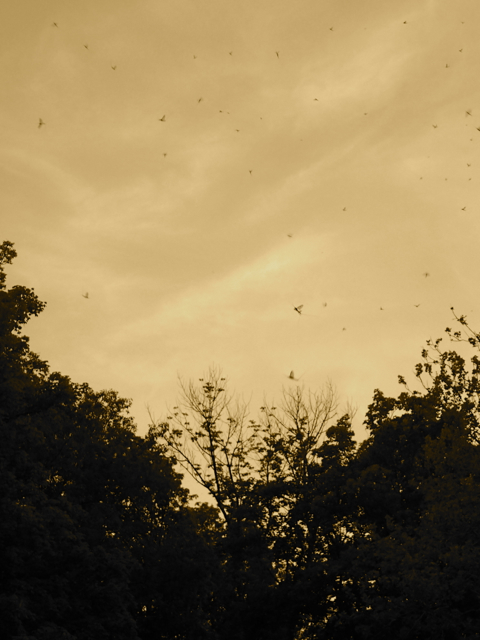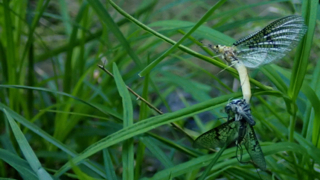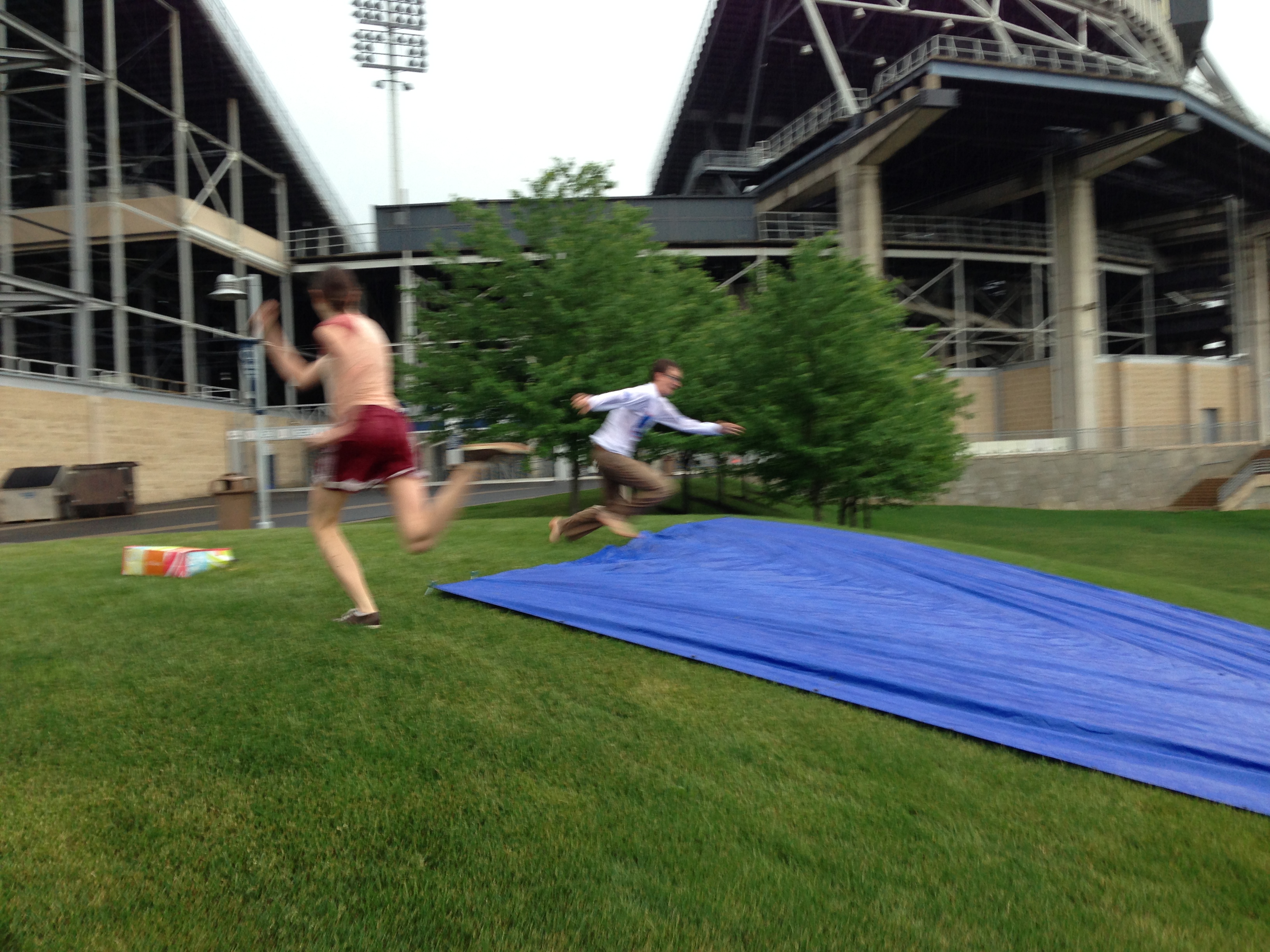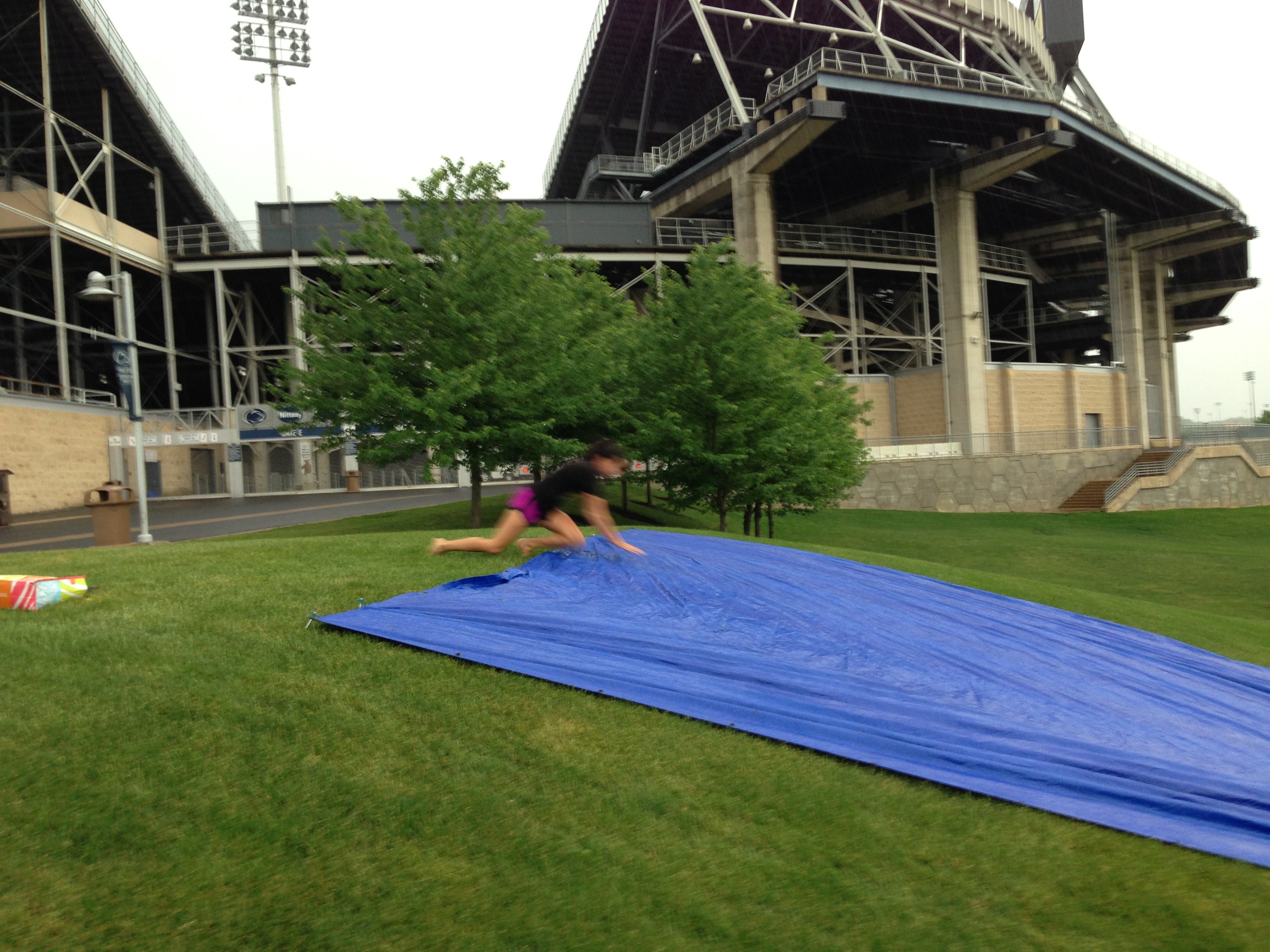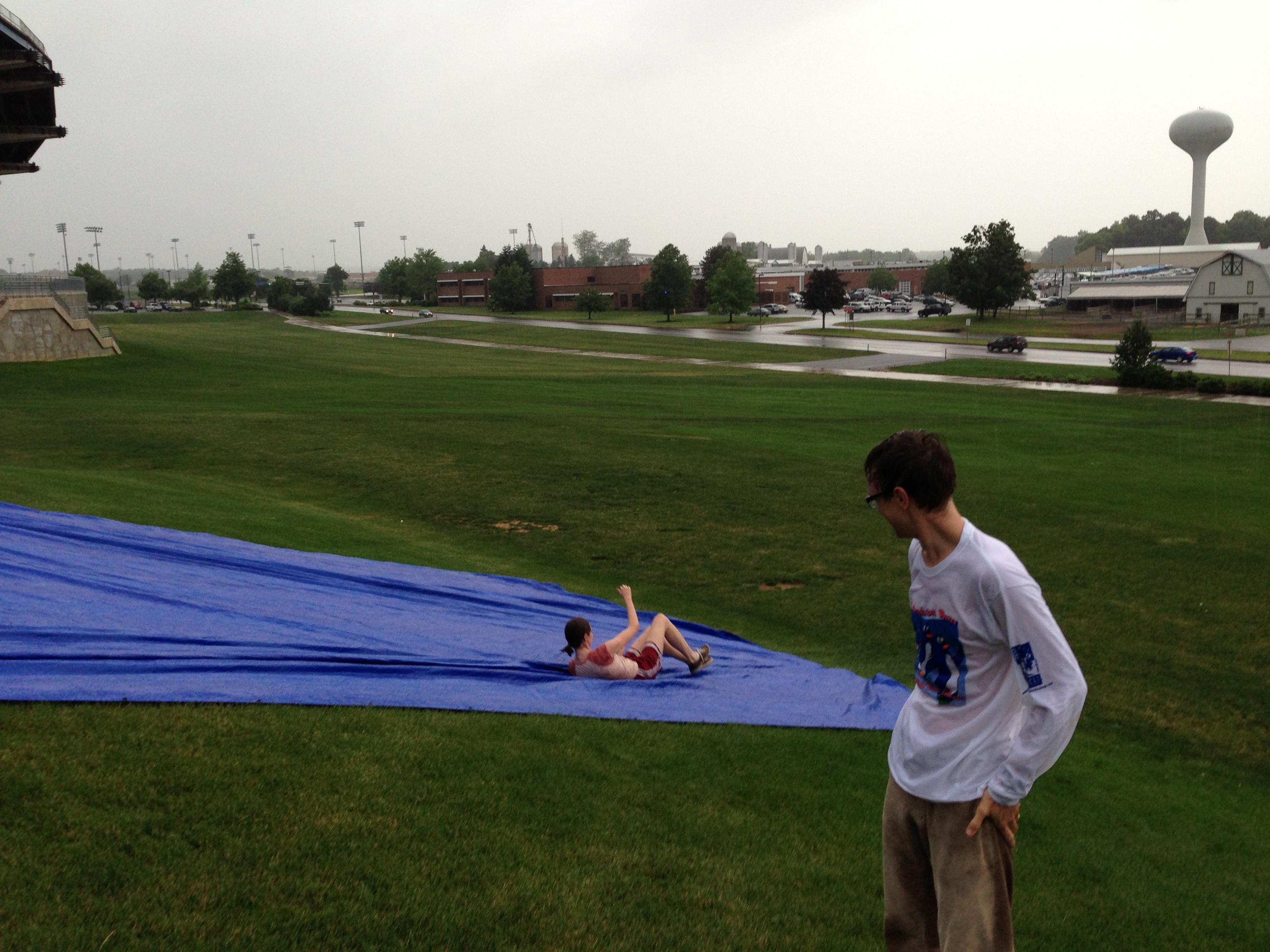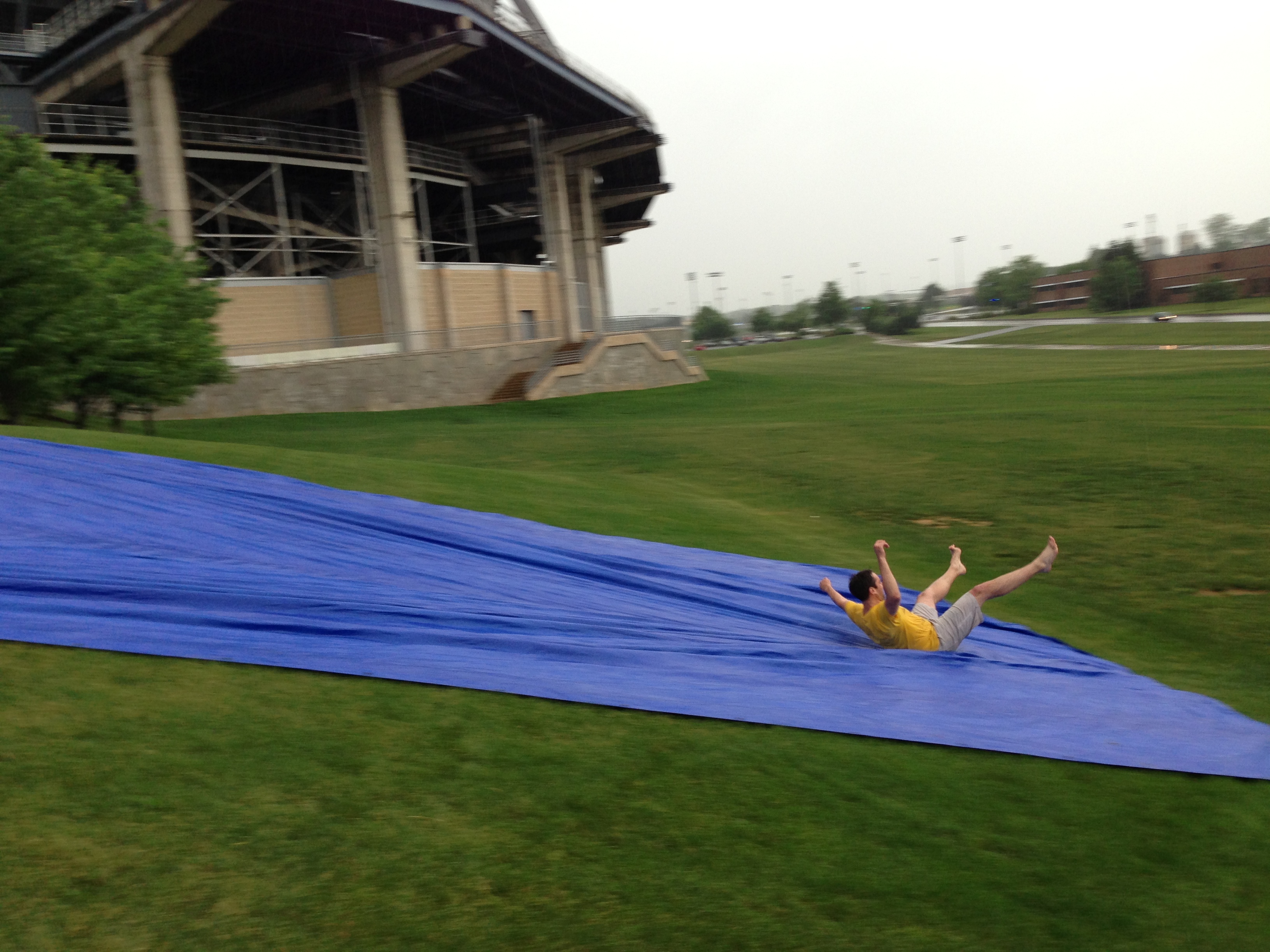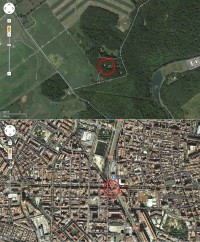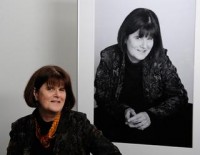
picture from evolutionaryparenting.com
I consider myself having two jobs: from 8 to 5, I´m a scientist, the rest of the time, I´m a mom. [Before you decide to stop reading, no, this is not a self-pitying my-life-is-so-hard-post, I honestly love both my jobs] Hence my excitement when I stumbled upon the following phrase: Evolutionary Parenting. Wow, I can apply my one job to the other? But then, what the hell does that even mean? Aren´t we all evolved to be decent parents? After all, if my parents, or my parents´ parents, or their parents´ parents were parenting fruitcakes, I wouldn´t be here. But no, all my ancestors were fed, protected from the elements, diseases and danger and socialized to the extent that they were able to find a mate to have babies again.
So, what´s this evolutionary parenting all about? In a nutshell, it is about chucking out all current cultural norms and go back to how parenting has evolved, such as breastfeeding until natural weaning occurs, ´wearing´ baby close to mom at all times like monkeys ´wear´ their babies in their first year(s) of life and sleeping together instead of the social norm of a separate cute baby room. Hmm… I use a cow to provide milk for my kids, push the youngest in a stroller, and they both happily sleep in their own rooms so I get some well-needed sleep to perform my two jobs.. I guess I am not an evolutionary parent after all. Yikes, am I reducing my offspring´s fitness?


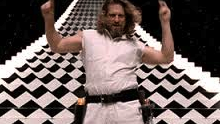
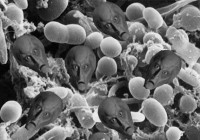
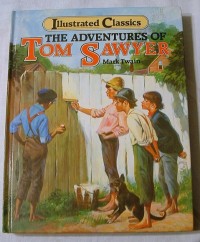 In the most Tom Sawyer-ish way I can muster, I invite you to come catch up on all those papers you’ve been meaning to read/think deep thoughts/take a nap over at the Insectary. I’m testing some new bednet technologies and would love some help!
In the most Tom Sawyer-ish way I can muster, I invite you to come catch up on all those papers you’ve been meaning to read/think deep thoughts/take a nap over at the Insectary. I’m testing some new bednet technologies and would love some help!

